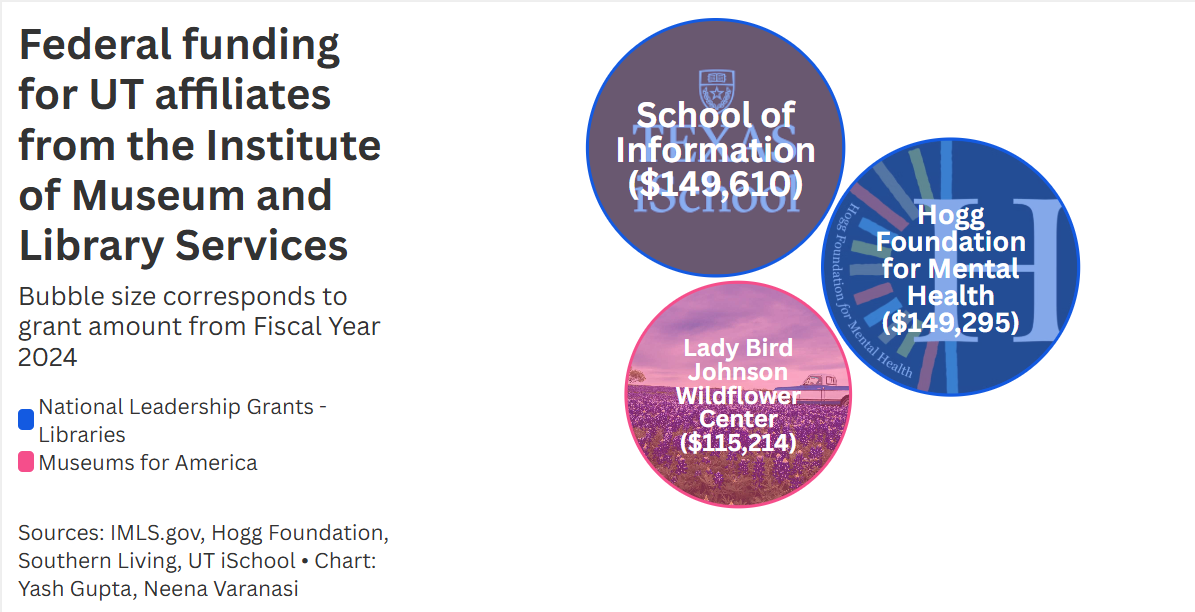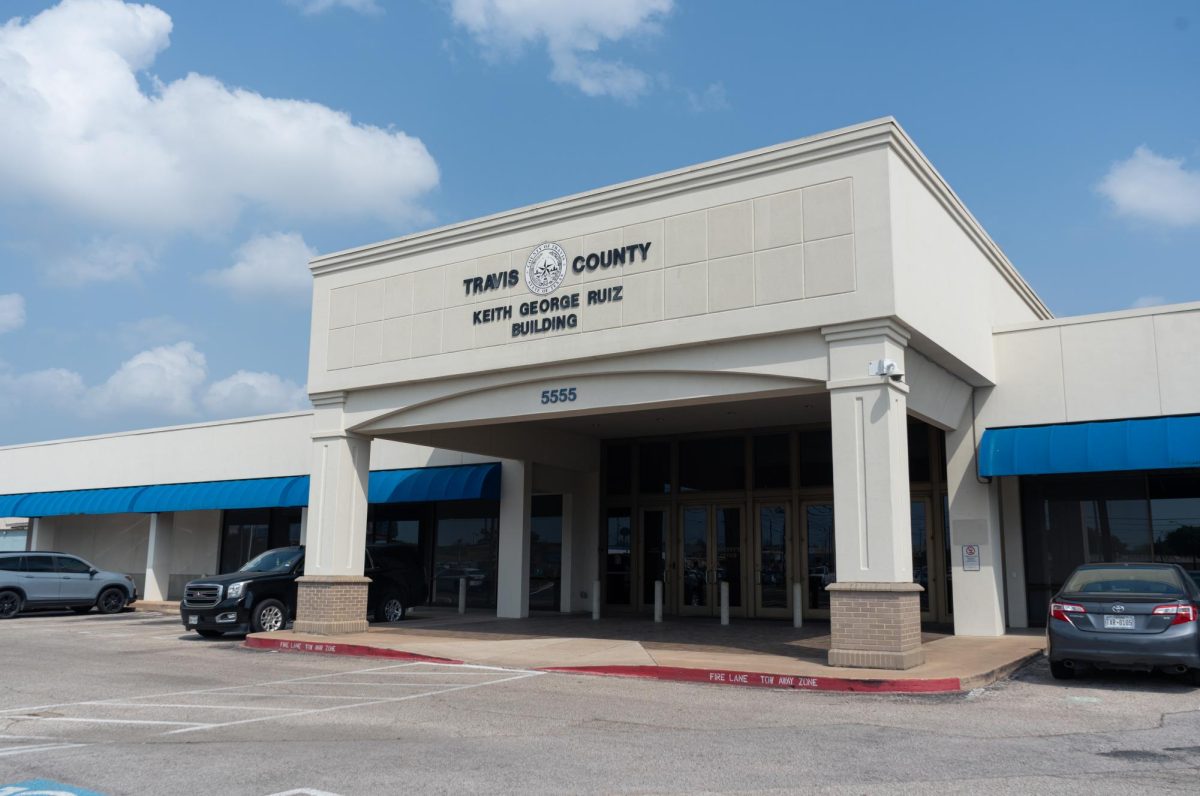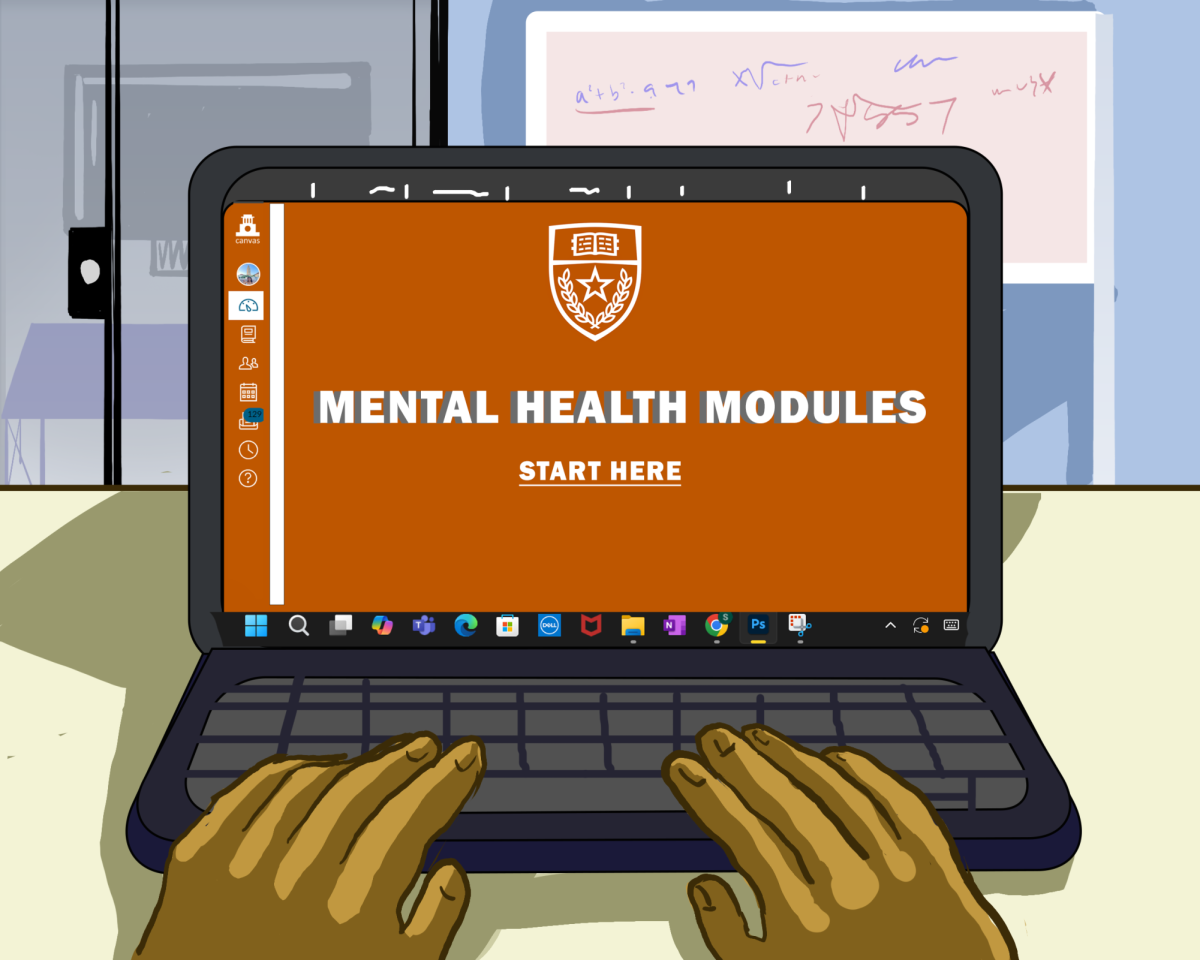UT students and Voices Against Violence exchanged Skype calls over the past month with students in India to discuss what they can do to prevent interpersonal violence on their college campuses.
“It’s a really beautiful learning experience,” VAV adviser Lauren White said. “These exchanges are a great opportunity for seeing what kind of work people are doing to prevent interpersonal violence on an international level.”
VAV, a program under the UT Counseling and Mental Health Center, focuses on prevention outreach, specifically in interpersonal violence prevention. This includes sexual violence, relationship violence and stalking, White said.
UT alumnus Greg Pardo came across an article in the University’s alumni magazine about the campus climate regarding sexual assault and other forms of interpersonal violence on campus. Pardo, who lives in Kolkata, India, passed on the information to the Kolkata Consulate, which went on to provide a grant to Shakti Vahini, a non-governmental organization that focuses on issues regarding gender-based violence.
“Shakti Vahini has this one program that brings together college students in India and trains them on how to do work around interpersonal violence awareness, resourcing and such,” White said. “On the calls, we really see the different contexts we are working in. In some schools in India, women have curfews while there are none for men.”
Justin Atkinson, a government and women’s and gender studies senior who is also a “MasculinUT” representative at VAV, said the calls help VAV gain cultural context about how rape culture is a
universal problem.
“Interpersonal violence, like rape, relationship violence, stalking, is happening in different ways in Texas and India, but the sexism and homophobia that informs that violence is pretty similar,” Atkinson said. “While there are times during the calls when we need to clarify terminology, there are times when the Indian students share stories that sound like something your friend could have told you.”
To provide the best services and programs for its students, Katy Redd, CMHS Prevention and Outreach associate director, said the center must look at what other universities around the country and the world are doing to support their students.
“We see what we can adopt from other universities and what things that are working with us we can share with them,” Redd said. “At the end of day, we want the best for our students, and to do that, we need to be innovative and creative.”




















